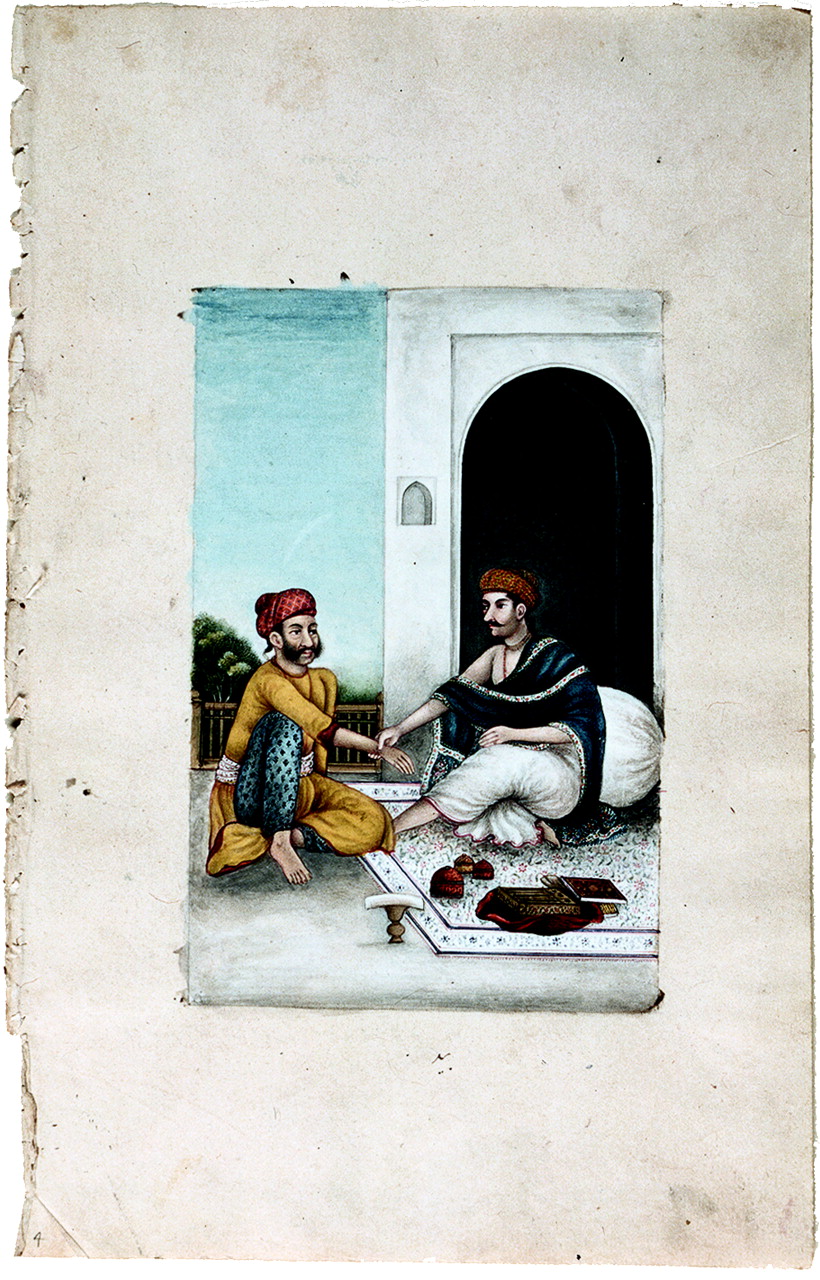One of the earliest descriptions of mental illnesses is found in Ayurveda, an ancient system of medicine that originated in India. The word “Ayurveda” comes from two Sanskrit words: Ayur, meaning life, and Veda, meaning knowledge.
The
Ayurvedic physician diagnosed illnesses by identifying three irreducible physiological principles called “doshas” through palpation of the radial pulse. Doshas were conceptualized as bodily energies that would signify a state of health when in harmony with each other but would lead to a disorder in body or mind when imbalanced. Three doshas were identified: kapha, pitta, and vata. Each dosha had a distinct location on the radial pulse, and each was supposed to have a different tactile vibratory quality. Just below the radial stylus, the index finger of the physician would be placed over the vata pulse, the middle finger over the pitta pulse, and the ring finger over the kapha pulse. Pulsation was felt on each finger, and the predominant doshas were identified on the basis of the tactile quality and force of each pulsation.
Different types of personalities or constitutions (“prakrutis”) were identified according to the predominant dosha; each prakruti predisposed a person to certain illnesses. For example, vata characteristics included a variable appetite, creative mind, poor to average memory, indecisiveness, rapid speech, erratic spending, nervousness, shyness, and a tendency to experience anxiety and depression. Mental health problems associated with a vata constitution were anxiety, tension, and psychosomatic illness, all of which could be prevented by eating foods rich in pitta and kapha and low in vata, eating moderately sweet and warm foods, avoiding cold foods, and receiving massages with vata oils.
Ayurveda further classified the diseases of mind into three endogenous categories (inherited, congenital, and psychosomatic diseases and disorders due to metabolic or nutritional factors) and four exogenous categories (injury from physical, chemical, and biological sources; disease due to changes in climate; supernatural causes; and natural causes like hunger, thirst, and fatigue).
In addition to classifying mental illnesses on the basis of proposed etiology, detailed clinical descriptions of various mental disorders were also given. These disorders were again diagnosed with the help of pulse examination and by collecting information on diet, disrespect toward gods, and mental shock due to excessive fear or joy. In addition to providing a written account of the earliest description and treatment of mental disorders, Ayurveda empowered patients. After identifying illnesses or a propensity toward illness according to one’s prakruti, Ayurvedic physicians were obliged to educate patients about pulse diagnosis and encourage them to take control of their lifestyles and diets.


